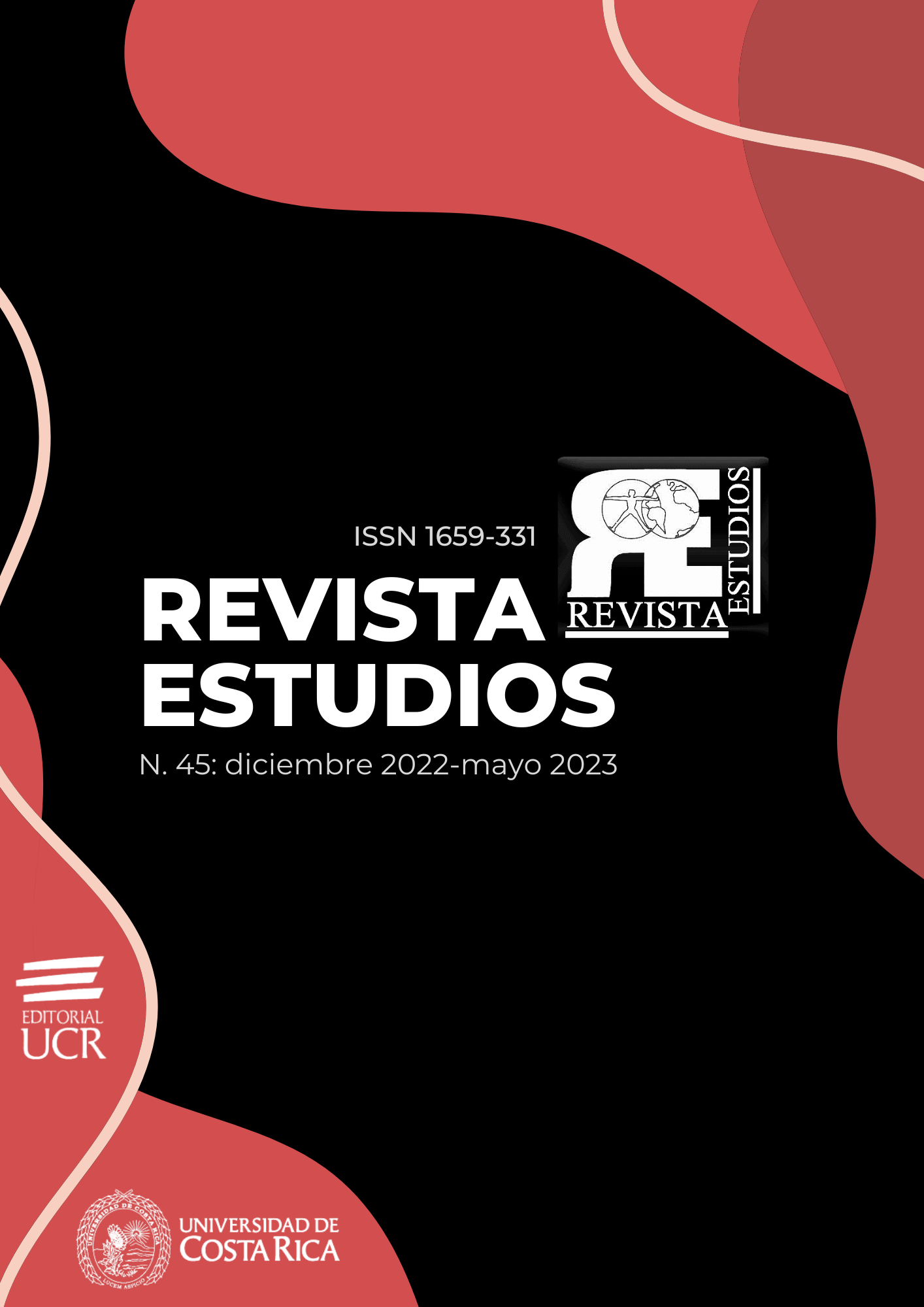Abstract
The main objective of this article was to investigate the perception of the students of the Pérez Zeledón campus, in relation to their educational experience under the virtual modality implemented by the UNA. The results show that the student population participating in the study positively value the virtual modality with the support of ICT as appropriate in their learning process, which has allowed them to be trained in new technological tools to maintain or conclude their major. In addition, the most used technological tools and resources were the ® Microsoft Office suite, and the online videoconferencing tools such as ® Microsoft Teams, ® Google Meet and ® Zoom that supported the achievement of educational learning in each major. Furthermore, some of the advantages of this modality are saving of money on transportation and development of self-taught skills. In contrast, some of the disadvantages that the students report is the limited access to internet connection and not knowing how to manage between personal, social and educational life.
References
Aguilar, F. (2020). Del aprendizaje en escenarios presenciales al aprendizaje virtual en tiempos de pandemia. Estudios Pedagógicos XLVI, N° 3: 213-223, 2020. DOI: 10.4067/S0718-07052020000300213
Butcher, N, Kanwar, A y Uvalic-Trumbic, S (2015). Guía Básica de Recursos Educativos Abiertos (REA). Organización de las Naciones Unidas para la Educación, la Ciencia y la Cultura. https://unesdoc.unesco.org/ark:/48223/pf0000232986
Cea, M. (2012). Fundamentos y aplicaciones en metodología cuantitativa. Editorial Síntesis. Madrid, España.
Cerdas-Montano, V., Mora-Espinoza, Álvaro, & Salas-Soto, S. (2020). Educación remota en el contexto universitario: necesidad del trabajo colaborativo para la mediación pedagógica docente en tiempos de COVID. Revista Electrónica Educare, 24(Suplemento), 1-4. https://doi.org/10.15359/ree.24-S.9
Cerdas-MontanoV., González-SandovalG. G.-S., Salas SotoS. E., & Villalobos-BenavidesV. (2022). Presencialidad remota desde la perspectiva estudiantil y docente: un análisis de la División de Educación para el Trabajo de la Universidad Nacional, Costa Rica. Innovaciones Educativas, 24(36), 101 - 116. https://doi.org/10.22458/ie.v24i36.3612
Díaz-Barriga, F. y Hernández, G. (2002). Estrategias docentes para un aprendizaje significativo. Una Interpretación constructivista. McGraw- Hill.
Díaz-Barriga, F. y Hernández, G. (2005). Estrategias docentes para un aprendizaje significativo. Una interpretación constructivista. https://buo.mx/assets/diaz-barriga%2C---estrategias-docentes-para-un-aprendizaje-significativo.pdf
Hernández, R., Fernández, C. y Baptista, P. (2014). Metodología de la investigación (6a. ed.).
Ilinois State Board of Education (2020). Recomendaciones de aprendizaje remoto. https://www.isbe.net/Documents/RL-Recommendations-Spanish.pdf
Juliao, G. (2014). Una pedagogía Praxeológica. Uniminuto. Bogotá, Colombia.
Montes-Rodríguez, A., Chen-Quesada, E., Hernández-Sánchez, A., & Villalobos-Benavides, V. (2020). Ruta de la gestión educativa del CIDE ante el contexto COVID-19. Revista Electrónica Educare, 24(Suplemento), 1-4. https://doi.org/10.15359/ree.24-S.7 https://www.scielo.sa.cr/scielo.php?pid=S1409-42582020000400026&script=sci_arttext
Programa Estado de la Nación (2021). Octavo Estado de la Educación 2021. Programa Estado de la Nación. CONARE - PEN, 2021
Silva, J. (2017). Un modelo pedagógico virtual centrado en las E-actividades. RED. Revista de Educación a Distancia, (53),1-20. https://www.redalyc.org/articulo.oa?id=547/54750356010
Segura, R. (2018). Implementación de las TIC en educación superior Estudio de ventajas y desventajas del uso de tecnología en cuatro universidades en Pérez Zeledón. https://www.uisil.ac.cr/uisil-journal/index.php/Revista/article/view/80/52
Tijo, S. (2020). Enseñanza remota de emergencia en ingeniería civil: lecciones aprendidas. Encuentro Internacional de Educación en. Ingeniería. https://acofipapers.org/index.php/eiei/article/view/781

